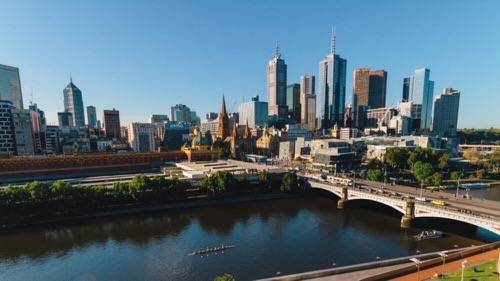Melbourne leaders revealed plans to become a smart city, in preparation for a population boom over the next 35 years and climate change-related issues affecting the Australia city.
The city will use initiatives adopted by other smart cities and host a public forum, called Melbourne Conversations, where representatives from cities like San Francisco, Tel Aviv, and Amsterdam can give advice and share experiences, according to IoT Hub AU.
See Also: Are smart citizens getting lost in the rush to build smart cities?
“Melbourne’s population is expected to double over the next 35 years, and we expect to be bigger than Sydney by 2053,” said chief technology officer and smart city manager, Michelle Fitzgerald. “Over that period of time, global temperatures will continue to rise, which will have implications for infrastructure and liveability. Our mandate for the City of Melbourne is to start with the perspective of our users or customers of the city — our residents, rate-payers, students, workers, visitors, business owners — by saying, ‘what can smart cities do to improve the livability, prosperity and sustainability for our city for them?’”
The Internet of Things (IoT) is at the heart of Melbourne’s smart city plans, with Fitzgerald convinced that the implementation of smart and connected services will benefit the city. The garbage service in Melbourne is already using an IoT system, to alert drivers when the truck is 70 percent full.
Melbourne joins a growing cohort of smart cities
Melbourne is also one of the few cities to adopt an LED street light project, aimed at lowering the amount of electricity needed and making streets brighter at night. The street lights have sensors embedded, which gives the city a better idea of where more light is needed and at what times.
Driverless cars, wearables, artificial intelligence, and big data are also being considered by the city. Fitzgerald said she wants to see startups work with universities and large corporations, to implement the smart city ambitions.
Melbourne is just the latest in a growing list of cities adopting IoT and other smart technologies, coming in a few months after London, Barcelona, Paris, and Stockholm.


















